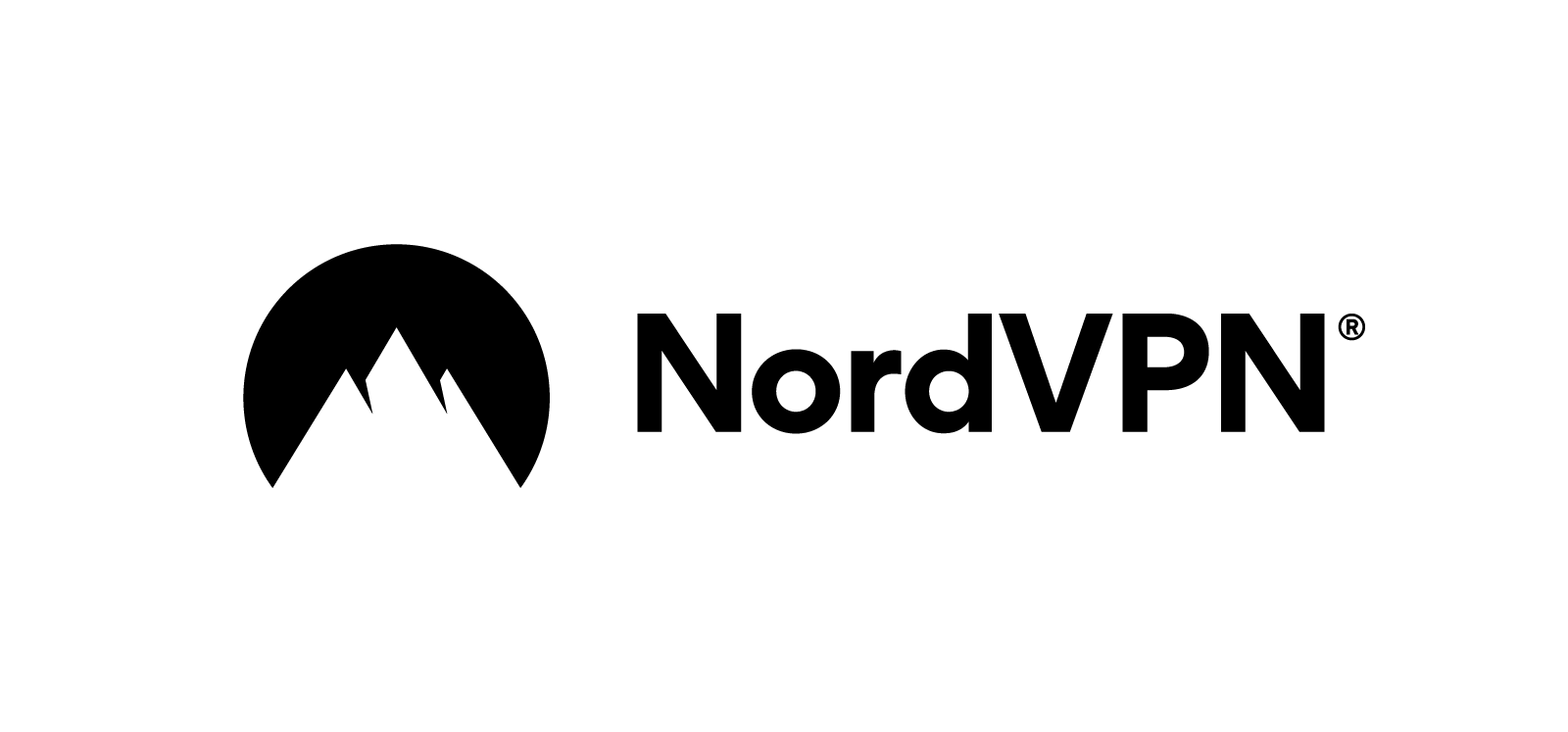A global search for fresh and exciting digital and technological ideas that address social isolation
OVERVIEW
The Social Connections Challenge is a funding initiative capitalising on the innovative ways that people have been keeping connected using technology throughout the COVID-19 global pandemic.
Movember has invested a total of £1.86M in grants to help develop digital or technological ideas that maintain or strengthen men’s social connections and tackle isolation.
The grants are focused on ideas for men who are at greater risk of social isolation because of where they live, their socio-economic status or cultural background.
THE FUNDING PROCESS
Applications for the Social Connections Challenge are currently closed.
APPLICATION STAGE
In August 2020, Movember opened applications for funding as part of the Social Connections Challenge. To see the advertised criteria, please click here.
PHASE 1
During Phase 1, a total of 72 ideas were shortlisted for further assessment by an external panel of subject matter experts. Each idea was grouped into one of six thematic areas: apps & artificial intelligence, creative expressions, gaming/gamification & video production, culture & inclusiveness, life events, and mentorship & peer support. To view the shortlist, please scroll down on this page.
PHASE 2 (in progress)
During Phase 2, a total of 11 shortlisted ideas were selected for co-development with Movember. These projects, identified by the selection panel as having the broadest application and greatest potential to improve men's mental health, have received funding to develop their project alongside Movember. To view the selected projects, please scroll down on this page.
PHASE 3
Following successful project development, the final phase of the Social Connections Challenge will involve further investment in implementation activities.
PROJECTS SELECTED FOR CO-DEVELOPMENT (PHASE 2)
Gamers vs Depression uses online gaming as a vehicle for developing depression literacy and better social connections in adolescent males. Delivered by That Awfully Good Community Interest Company based in Colchester, Essex, the aim is for ‘gaming teams’ to act as a social/peer-support group where young men can openly discuss challenges outside of their immediate network in a safe and supportive manner.
Fathers Network Scotland, Shared Parenting Scotland and Held in our Hearts directly support men during some of the most stressful times in their lives such as those coping with family breakdown or with the loss of a child. Their aim with this project, supported and funded by MR PORTER Health In Mind, is to develop a Wellbeing app for men in Scotland that would enable them to support many more fathers. The app will allow those in need of services to access help for themselves and also provide resources for those who are worried about a male friend or relative, directing them as quickly and easily as possible to the services nearest to them.
Designed in London by a digital health agency, Maate! is a digital platform to help young men (particularly those not in school, unemployed or those who are working remotely) to maintain social connections by assisting in the organisation of free virtual group activities (such as trivia, virtual escape rooms or card games) and taking the hard work out of catching up.
The Chai in the City project is aimed at breaking down the stigma surrounding mental health for men and boys from Punjabi communities in the UK. Through facilitated discussion groups, the project gets Punjabi men talking about their mental health, life challenges, and things they may not feel comfortable speaking about freely with their family or friends. Launched by an organisation called Taraki, the goal is to create a model that can be scaled globally and eventually tailored to particular communities of Punjabi men, including first generation, LGBTQ+ and disabled Punjabi men.
Digital Dads Groups launched in April 2020 to provide a safe virtual space for isolated dads to find the support and connection they need to manage the day-to-day stresses of parenthood and social isolation. Dads Groups have been running face-to-face support groups for dads in Australia over the last five years. The digital groups, set up in response to Covid, have since reached 1,000 participants and are now looking to scale nationally and globally.
Man Cave TV is a video platform that provides young men (aged between 12-18) with the tools to build their emotional intelligence, social connectedness and improve their relationships. The team behind the initiative, The Man Cave, have delivered face-to-face mental health programmes to over 20,000 boys in Australia and are now moving to a digital platform where they will create funny, educational and dynamic video content (on topics such as sex, death, wellbeing and relationships) that will help to challenge perceptions of traditional masculinity.
The Young Aboriginal and Torres Strait Islander online mental health and wellbeing education and support project is based on the success of The Young Black Men (YBmen) project. YBmen, originally developed in the US, is focused on providing social and educational support to young Black college men through a private social media group. The Menzies School of Health Research, based in Darwin, intends to adapt YBmen to meet the needs of young Indigenous males across Northern Australia.
The Check Mate app allows young male Australian tradesmen to have conversations about their wellbeing using smartphones. The app, designed in partnership by IPC Health and HALT, will enable men to check in on their mates if they think something is wrong via an AI-mediated, anonymous text conversation. The AI provides different ways of asking how someone is doing and gives the person options on how to reply. It also provides links to support and clinical mental health services if needed. It will detect signs of high-risk where a human moderator is necessary.
The Storytelling for Justice project is a virtual interactive platform that builds social connections between men in prison, men on parole and the wider community through art and storytelling. The project, founded by the University of British Columbia in Canada, includes the development of a digital art gallery, allowing artists to comment and engage with each other’s work. It would also showcase the talent of the men who take part and reduce stigmatization of prisoners by allowing the public to hear the stories and wisdom of the men inside.
About 30 per cent of older Canadians are at risk of becoming socially isolated. Hello Jack by knot lab is a digital project that allows experienced, skilled older men connect with younger men who are looking to learn new skills. It will be a mobile or web-based app that will serve as a meeting point between vetted parties. Retired professionals would be able to mentor entry level employees in their field or hobbyists could teach seminars on the basics of a skill, such as woodworking.
Since 2018, Age Action has provided digital literacy training courses to older men in Ireland, enabling them to stay connected with their family, friends and loved ones. They’re now establishing a programme, Men’s E-Networks, which matches older people with tutors, who teach them basic internet and mobile phone literacy, and then provides further ‘how-to’ guides and tutorials. The aim is to further enhance and tailor this digital literacy programme to reflect the needs of older men in Ireland.
SHORTLISTED PROJECTS (PHASE 1)
Apps/artificial intelligence (AI)
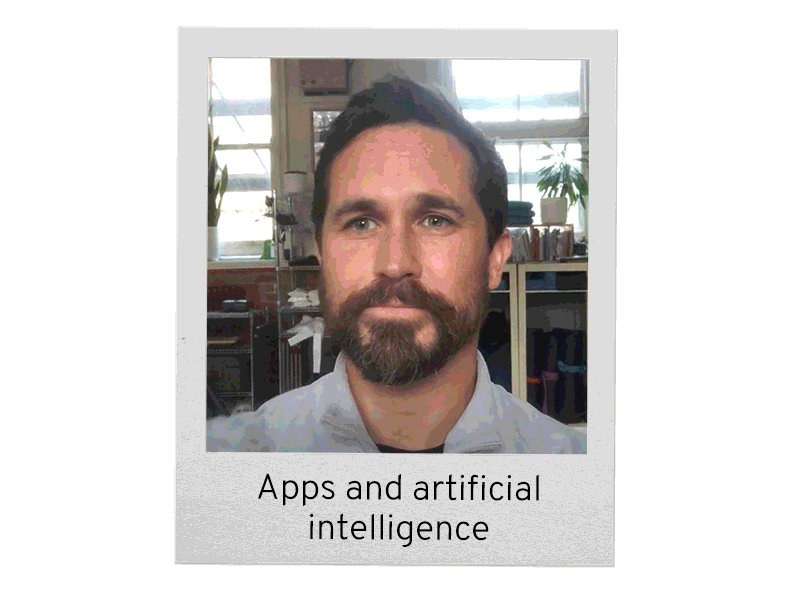 |
Creative expressions
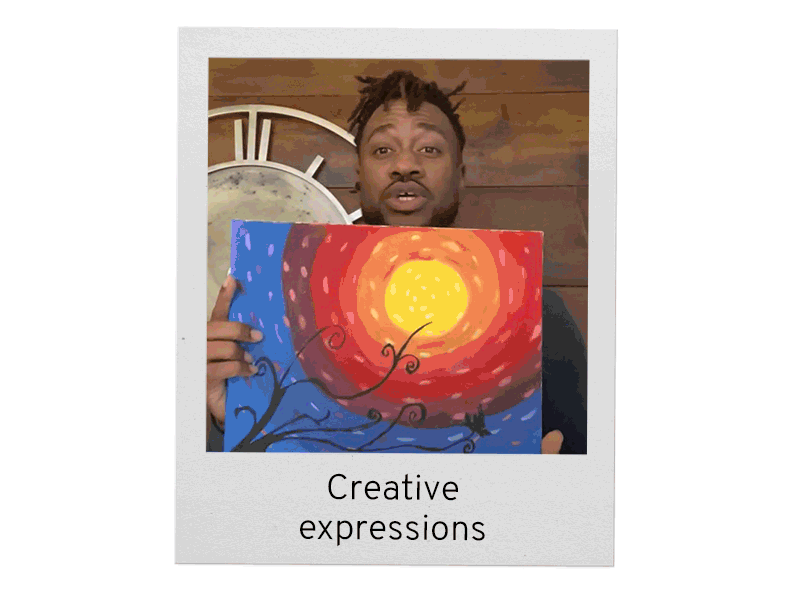 |
Culture and inclusiveness
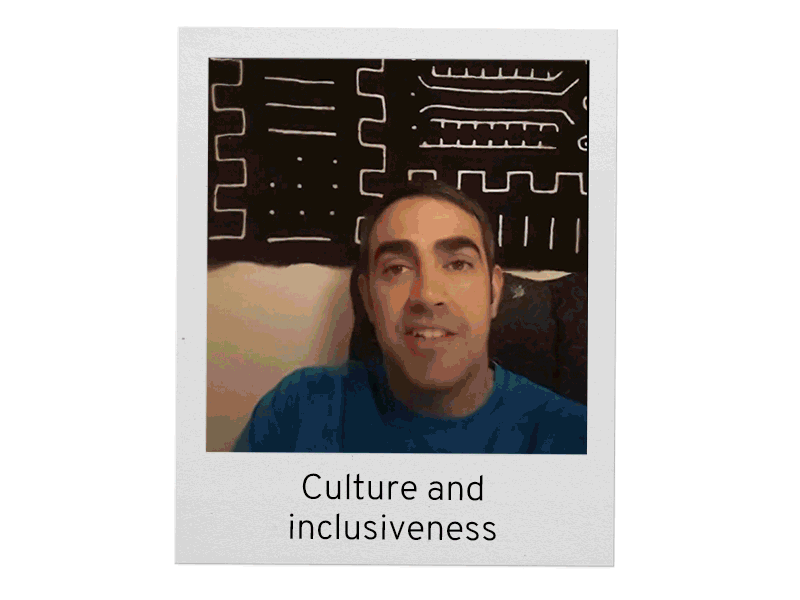 |
Gaming/gamification/video production
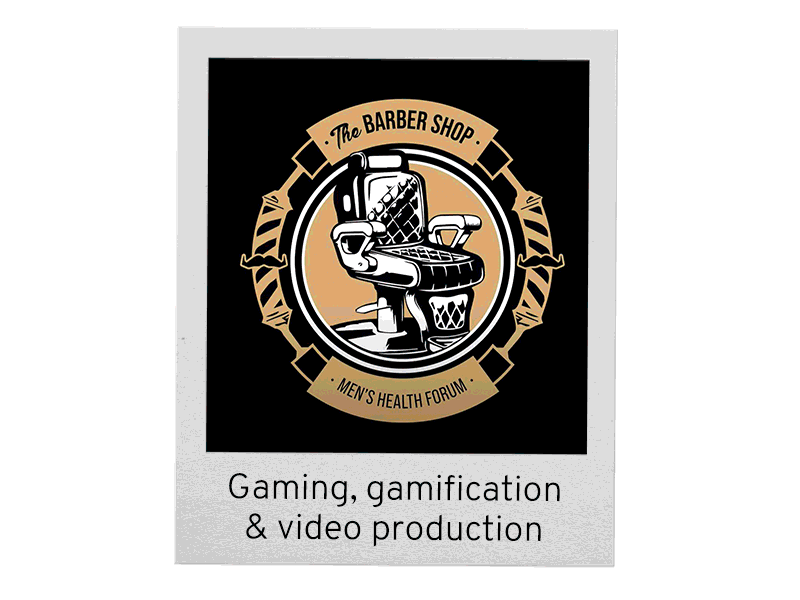 |
Life events
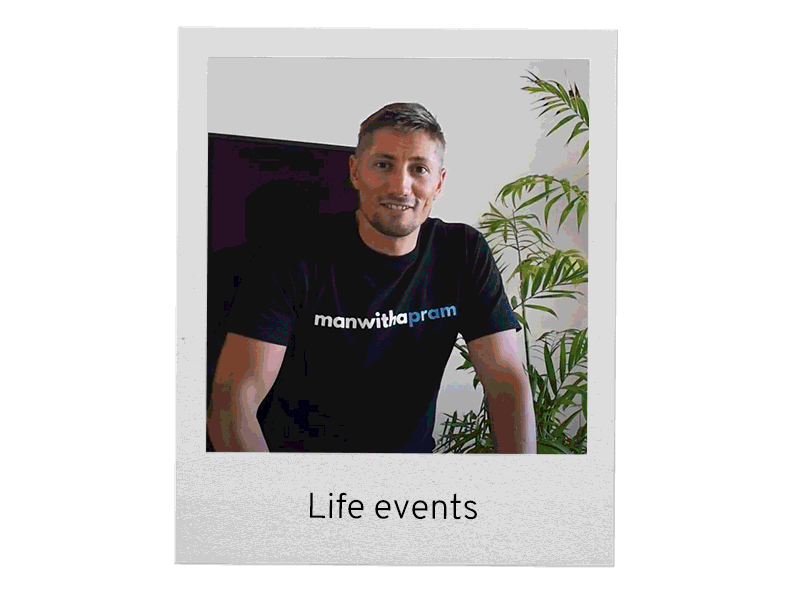 |
Mentorship/peer support
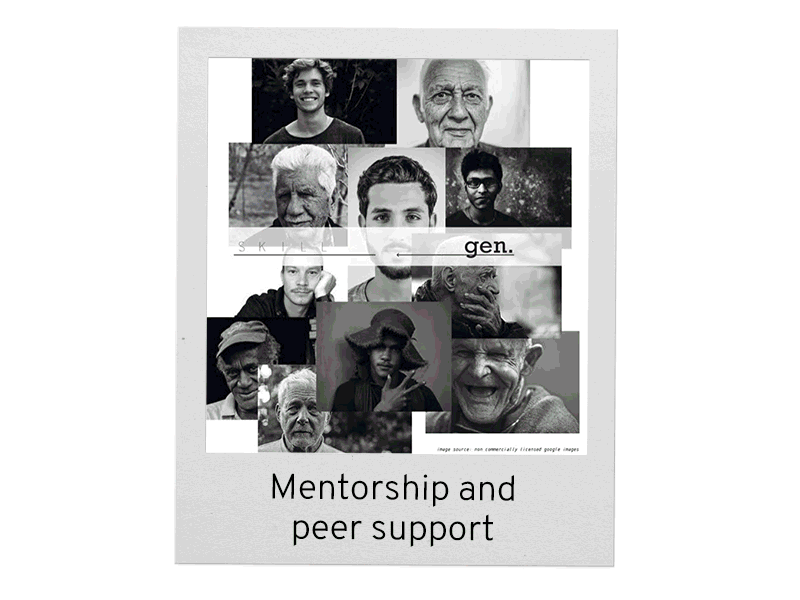 |



(1).png)
